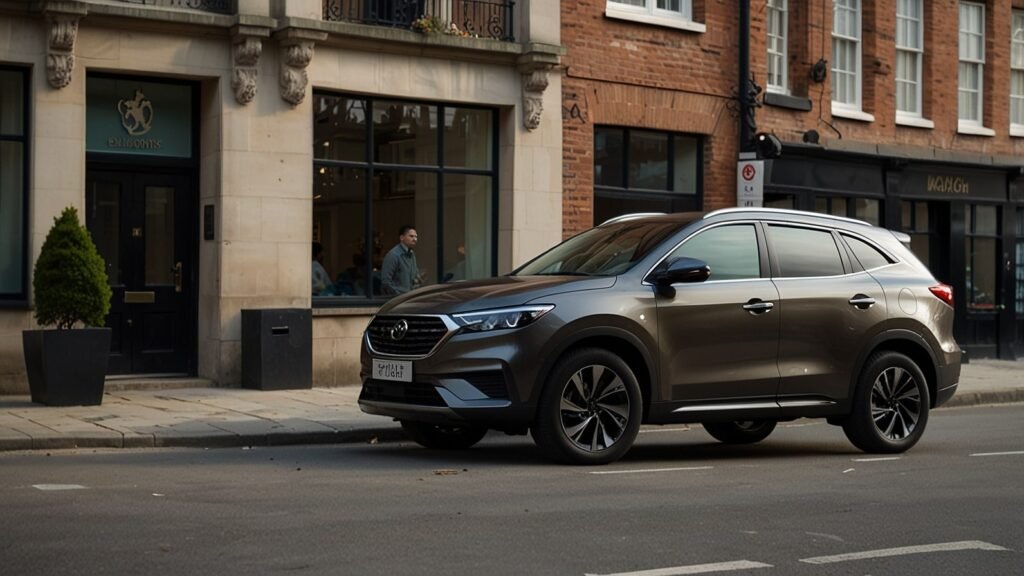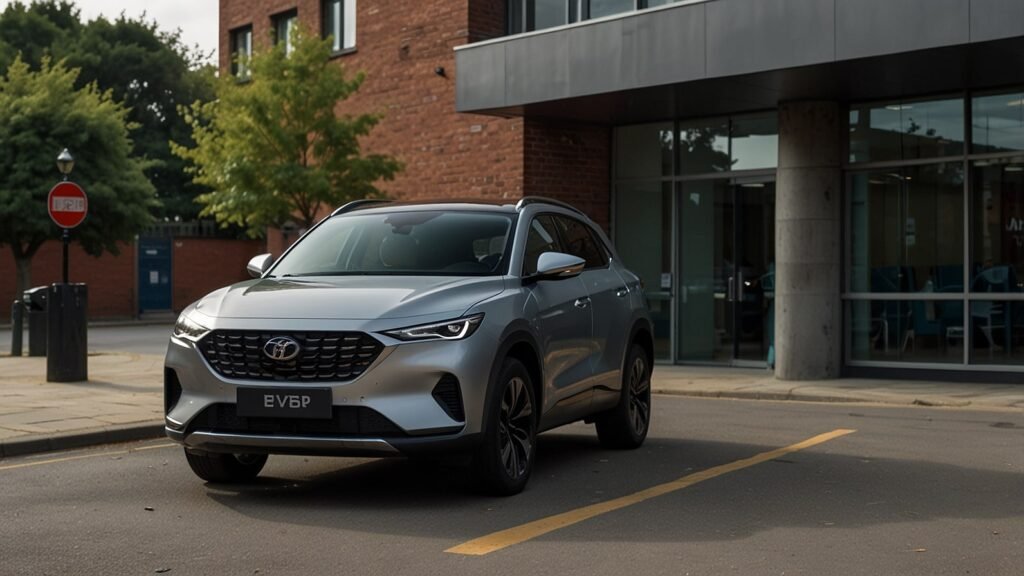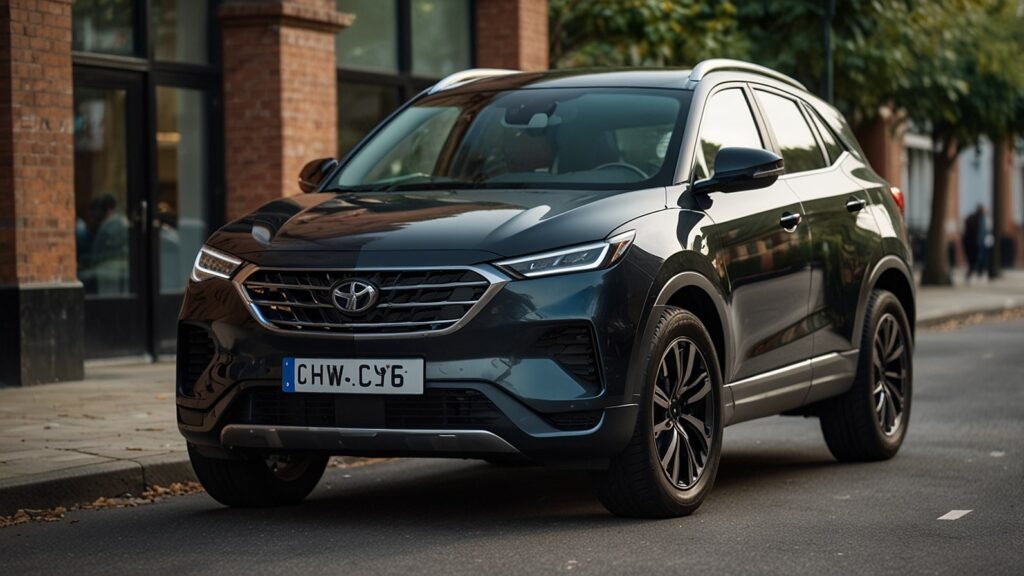
Hey, car fans! If you’ve been cruising around the UK lately, you might’ve noticed some fresh names on the roads—brands like BYD, MG, and Chery are making waves with their affordable electric vehicles and hybrids. They’re giving traditional brands a run for their money, but there’s a catch: these Chinese carmakers are being asked to beef up their anti-theft systems to suit our unique needs here in the UK. Let’s break down what’s happening and why it matters.
Why Security’s a Big Deal in the UK
Car theft is a bit of a sore spot over here. The Office for National Statistics says we lose about 130,000 vehicles annually—that’s roughly one every five minutes. Compare that to China, where car theft is far less common due to tighter regulations and different city layouts. Because of this, Chinese manufacturers haven’t historically focused on the kind of heavy-duty anti-theft features we take for granted in the UK.
Enter groups like Thatcham Research, the folks who test cars to make sure they’re tough for thieves to crack. They’ve been working closely with these brands to bring their models up to scratch for our market. It’s not that these cars are insecure by design—they’re solid—but they need a few tweaks to handle the UK’s higher theft rates. It’s a bit like when Japanese and Korean brands first arrived and had to adjust to our expectations.
What’s Being Upgraded?
So, what exactly are these carmakers doing? The changes aren’t massive redesigns but smart, practical updates to make their vehicles less appealing to thieves. Here’s the rundown:
-
Locking Wheel Bolts: These are special wheel nuts that need a unique key to remove, stopping thieves from nicking your alloys. Chery, for example, has made these standards on their Omoda and Jaecoo lines for the UK.
-
Reinforced Door Locks: Extra shielding around door locks to make them harder to force open with tools. It’s a simple but effective way to slow down would-be thieves.
-
Smarter Intrusion Sensors: Software that detects if someone’s messing with the car without the proper key, triggering alerts to scare off intruders.
-
Enhanced Immobilisers and Alarms: These are being tuned to pass tough UK tests, like a two-minute “attack test” where experts try to break in. It ensures the car stays put unless you’ve got the key.

These updates are often applied to prototypes or existing models without needing major production shifts. It’s about meeting local standards while keeping costs down, which is good news for buyers.
Ben Townsend from Thatcham Research summed it up nicely: “Vehicle crime isn’t as big an issue in China, so features like reinforced locks haven’t been a priority. But these brands are quick to adapt.” It’s reassuring to see them taking it seriously.
How Are Chinese Brands Handling This?
The manufacturers aren’t messing around. Chery UK’s product lead, Oli Lowe, called these changes “straightforward but essential” for gaining trust and meeting regulations. They’ve already rolled out things like locking wheel bolts on their new models.
BYD, a big player in the EV space, is going all-in with “upgraded anti-theft systems and structural tweaks” for models like the Seal and their upcoming SUVs. They’re making sure their tech aligns with what UK drivers expect.
Xpeng and GWM (Great Wall Motors), handled by International Motors in the UK, are also on board. Their rep compared it to the early days of Japanese and Korean cars: “The UK’s standards are high, but we’re fully committed to meeting them.” Even MG, which feels almost British but is owned by China’s SAIC Motor, is ensuring models like the MG4 EV are up to par.
Thanks to flexible production and lower costs, these brands can make changes quickly. Some are even setting up UK-based R&D hubs to tailor designs for Europe from the get-go.

What’s the Impact for UK Buyers?
If you’re in the market for a new car, this is mostly positive. Chinese brands are already making a dent—about one in 12 new cars sold this year comes from one of these manufacturers, with Chery alone moving 20,000 units since their UK debut. Their EVs and hybrids offer solid range, modern features, and prices that often beat the competition by a wide margin.
Without these security upgrades, though, you might face higher insurance costs or theft risks. Now, with the changes in place, these cars are safer bets, which also helps keep resale values strong. Insurers are happier, and that’s a win for your wallet.
One thing to watch: if you’re thinking about importing a non-UK-spec model, make sure it’s got these updates. Otherwise, you could be stuck with a car that’s harder to insure or more vulnerable.
The Road Ahead
With car theft still a headache—over 4,000 Ford Fiestas were stolen last year alone—these upgrades are a step in the right direction. As Chinese brands grow their UK presence, they’ll likely keep refining their approach. Thatcham and insurers will stay on their case, ensuring standards don’t slip.
In a few years, brands like BYD and Chery could be as familiar as Kia or Nissan. It’s a reminder that breaking into a new market takes more than just great cars—it’s about understanding local challenges, like our pesky theft problem. If you’re eyeing one of these new EVs or hybrids, ask your dealer about the UK-specific security features. And wherever you park, keep it locked up tight. Got thoughts on these newcomers? Let us know in the comments!

